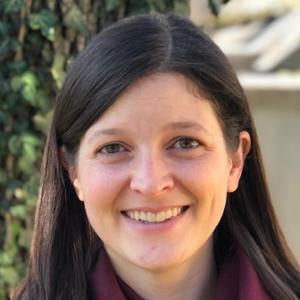Ashley Pryor (Geiger) is an interdisciplinary artist and scholar (Ph.D. Philosophy, The Pennsylvania State University, 2000), who lives and works in Toledo, Ohio. Her current scholarship is focused on articulating a conceptual ground for community-engaged arts. “The Holding Project” a collaboration with artists Barbara Miner, MFA and Lee Fearnside, has been widely exhibited in Northwest, Ohio in partnership with the Toledo Lucas County Library. Pryor will be presenting the Holding Project to the International Visual Literacy Association in Finland in August 2022. Along with her interdisciplinary scholarship in the humanities, Pryor has participated in three Artists Labs through The Kolaj Institute, her collage work was recently exhibited in Birr, Ireland, and August, and the Limner and Manifest Galleries. Her works have appeared in numerous online print publications. She was the recipient of the 2021 Arts Commission Merit award to support her work bringing collage arts to incarcerated people at the Toledo Correctional Institution through the Inside/Out Prison Exchange Program. Pryor was the recipient of the 2021 Edith Rathbun Award for Community Engagement. A long time practitioner of improvisation, Pryor regularly integrates improvisational games into her teaching in the humanities and is currently writing an article on the subject.




















